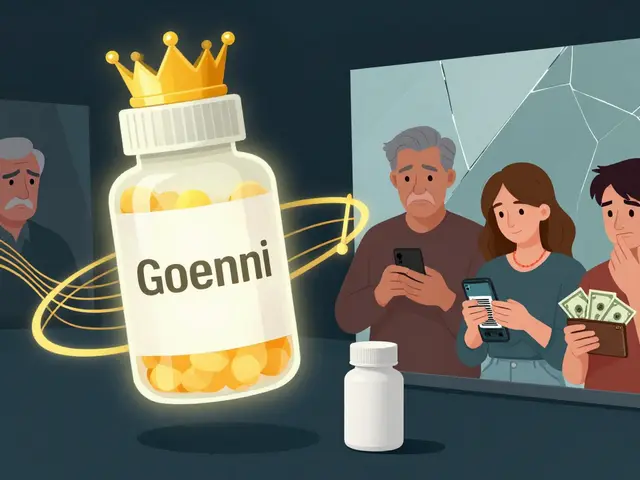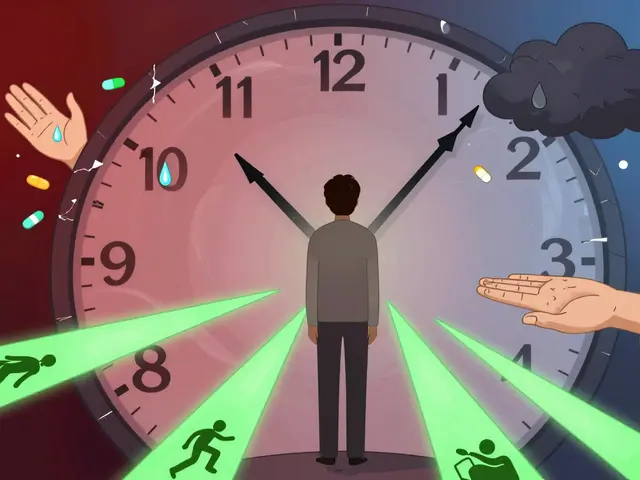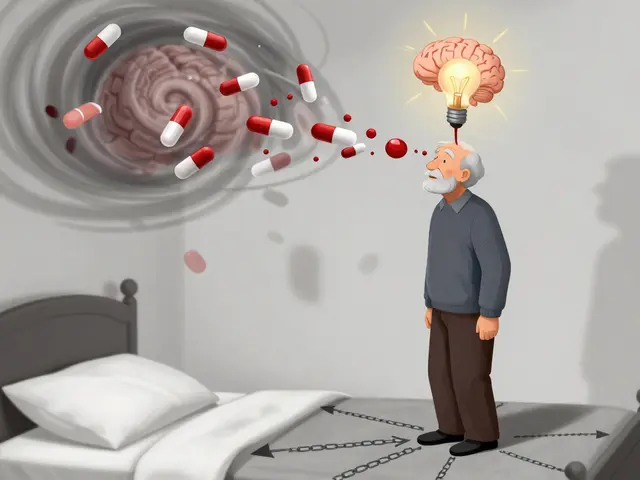Herpes treatment: what actually helps for oral and genital outbreaks
Herpes is common, but treatment works. If you get cold sores or genital blisters, timely action can cut symptoms, shorten outbreaks, and lower the chance you’ll pass the virus to someone else. This page lists practical options you can start thinking about today—medicines, self-care, and simple prevention steps.
Antiviral medicines: pills that change the game
Three main oral antivirals are used: acyclovir, valacyclovir, and famciclovir. They don’t cure herpes, but they stop the virus from multiplying during an outbreak. The earlier you start—ideally at the first tingling or redness—the better the result. Doctors use antivirals two ways:
- Episodic therapy: take pills for a short course when you feel an outbreak coming. This can make the flare milder and shorter.
- Suppressive therapy: take a daily low-dose pill if you have frequent outbreaks or want to reduce passing herpes to a partner. Many people see far fewer episodes on daily treatment.
If you’re starting meds for the first time, or you’re pregnant, talk to your clinician about which drug and approach fit you. Side effects are usually mild (nausea, headache), but your doctor will check for interactions with other medicines.
Self-care, creams, and prevention
Topical creams and patches give some relief for cold sores but are less effective for genital outbreaks. For any outbreak, simple steps help: keep the area clean, avoid picking at blisters, use over-the-counter pain relief like acetaminophen or ibuprofen, and try cool compresses for pain and swelling.
Want to reduce spread? Avoid sexual contact from the first symptom until the area is fully healed. Use condoms and dental dams — they lower risk but don’t eliminate it because herpes can shed from skin that looks normal. If one partner has frequent episodes, daily suppressive antivirals can lower transmission risk. For oral herpes, avoid kissing or oral sex during active cold sores.
Think you might have herpes but don’t have visible sores? Ask about testing. A swab of an active sore gives the best result. Blood tests can show if you’ve had the virus before, but they’re less useful right after a first infection.
See a doctor right away if your first outbreak is severe, if you’re pregnant, or if you’re immunocompromised. Newborns are at high risk from a mother with active genital herpes at delivery, so pregnancy care teams treat this seriously.
Herpes can feel stressful, but modern treatment makes it manageable. Talk with a clinician about the right antiviral plan, and use practical prevention steps to protect partners and reduce future outbreaks.
Top Valtrex Alternatives in 2025 for Herpes Treatment
Explore eight alternatives to Valtrex, an antiviral medication used for herpes treatment. This article provides detailed information about each alternative, including their benefits and drawbacks, to help patients and healthcare providers make informed decisions. These medications target herpes infections with unique mechanisms and are discussed in terms of effectiveness, side effects, and application method.






